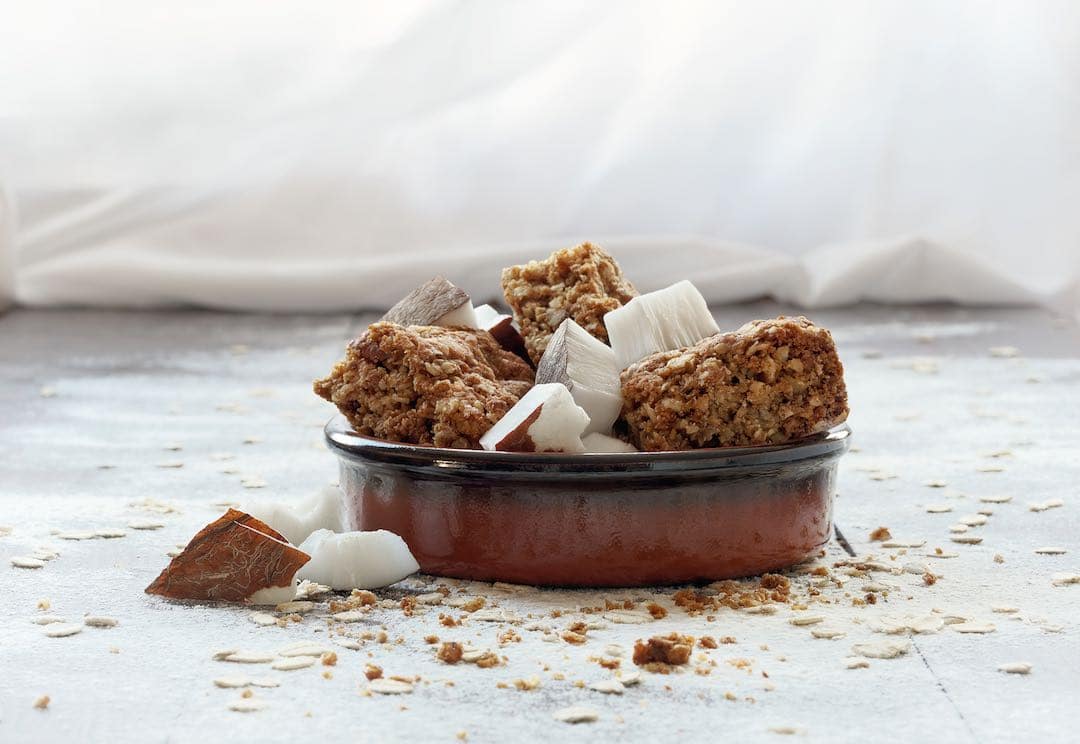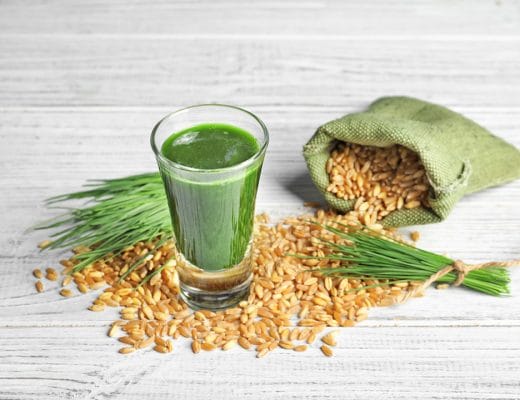What’s not to love about a healthy, gluten-free diet?
So many people notice less bloating, more energy, and clearer skin when they eliminate gluten from their diet.
And let’s face it. The cool kids avoid gluten, so why not you?
Well, unless you’ve been diagnosed with Celiac disease, it may not be a good idea to eliminate wheat and other gluten containing products?
Many of my patients who are intolerant to gluten have no idea why people follow a gluten-free diet by choice.
They often complain about their dietary restrictions.
So why on earth is this diet so popular?
I think it’s time we chat about what gluten really is, why you feel better keeping it off your plate, and why going gluten-free isn’t always healthy.
Let’s take a closer look at how wheat has changed over the last 50 years.
Today’s wheat is not even close to the wheat that Mother Nature provided us with.
In fact, it’s been drastically transformed using modern technology and harmful chemicals to increase revenues for big corporations.
Simply put, unregulated crossbreeding of wheat has led wheat to go wrong.
Various man-made changes in our wheat supply have altered a protein called gliadin, which is a polypeptide present in gluten.
Due to the artificially modified gliadin component, many people are facing health problems today, such as:
- digestive issues
- fatigue
- inflammation
- skin problems
Although gliadin is present in crackers, breads, pastas, and baked goods made from barley, kamut, rye, or spelt, wheat contains the highest amount of this hard-to-digest protein.
So if gliadin is the real issue, what exactly is gluten?
Gluten is a protein composite, made up of gliadin and glutenin. Quinoa, rice, amaranth, buckwheat, and millet do not contain gluten or gliadin protein.
Many people claim they feel better eating these grains and eliminating gluten from their diet.
They report weight loss, increased mental clarity, and better digestion. However, are the positive effects a result of eliminating gluten or the result of a healthier diet – increased vegetables, lean protein, and fewer carbs?
Some researchers claim that a placebo effect may even be at play.
All I know is that embracing a “gluten-free” lifestyle does not equal a “healthy” lifestyle.
Many gluten-free foods are unhealthy.
These foods can be difficult to digest and even lack vitamins and nutrients that the body needs. Not to mention that many gluten-free food products have a high glycemic index.
High glycemic foods cause spikes in blood sugar, which can lead to type 2 diabetes, heart disease, weight gain, food cravings, and fatigue.
People have this idea that avoiding gluten means they’re healthy.
They’ll eat gluten-free treats like brownies or cookies, gluten-free chips, and gluten-free pasta like it’s going out of style.
What they fail to realize is that these products should still be consumed in moderation and are not always nutritious.
If going gluten-free means you’re eating a diet that’s rich in natural whole foods, then you’ve likely made some positive changes to your lifestyle.
However, if going gluten-free means you’ve found gluten-free alternatives to potato chips and Pillsbury Doughboy cookies, you may wish to re-consider your dietary changes.
Eliminating gluten may be the best thing you can do for your health (or not).
At least now you know that living a gluten-free lifestyle goes far beyond fitting in with the cool kids.







No Comments